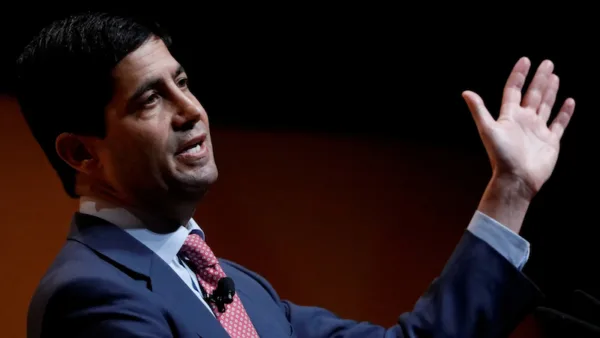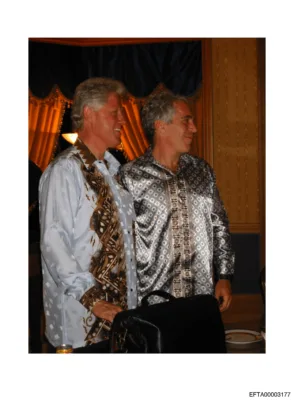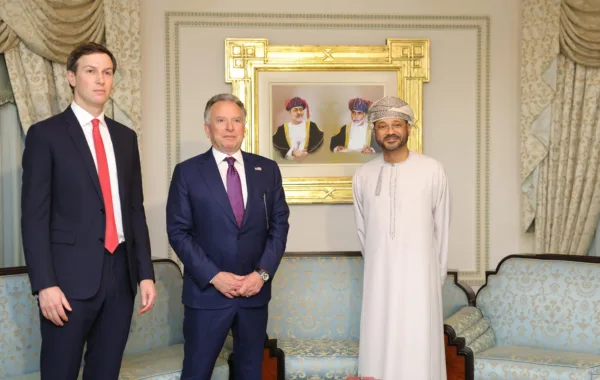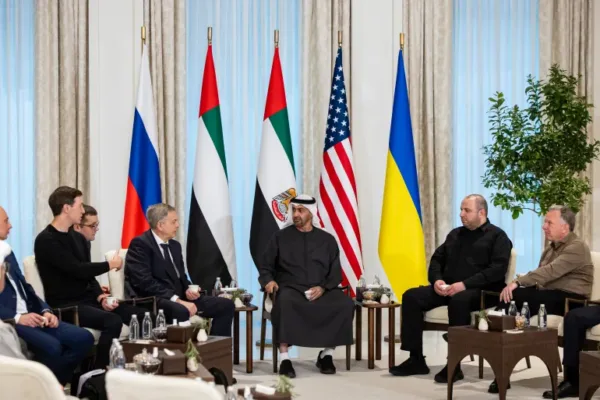Is the Ukraine War coming to an end?
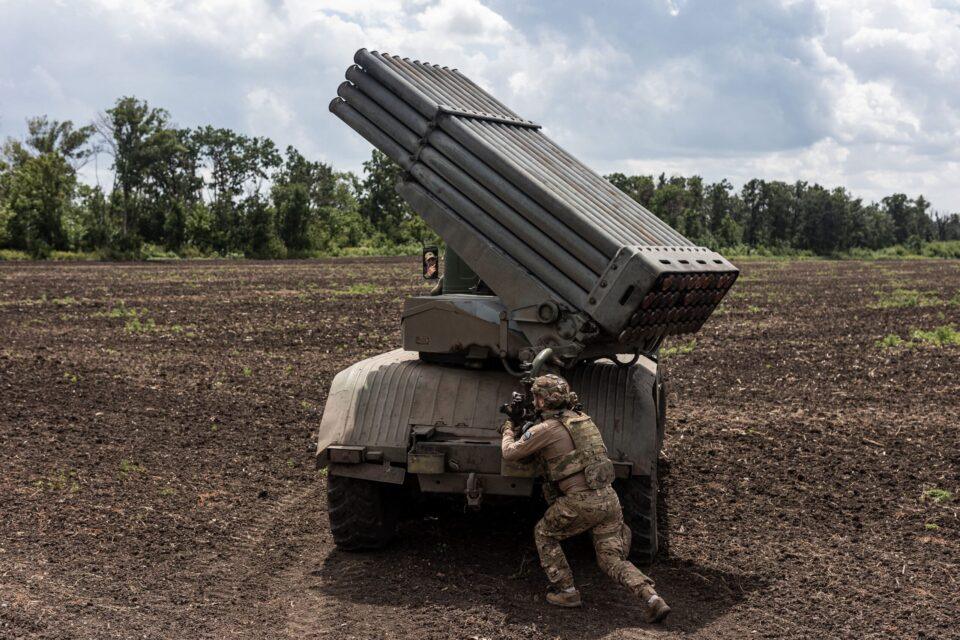
The Ukrainian forces are launching a counteroffensive, aiming to achieve a decisive result and bring an end to the Russian occupation. However, due to their lack of air superiority, they risk suffering significant losses in this attack. The outcome of this offensive will determine whether discussions about the end of the war can begin or if the conflict will prolong for years to come.
A successful counteroffensive could empower Ukraine to have a strong position at the negotiation table for a final peace settlement and potentially lead to Russia’s withdrawal. Conversely, if Ukraine fails to make substantial progress, there might be a softening of Western support, putting pressure on ending the war as soon as possible. In such a scenario, Russia could partially achieve its objectives despite incurring significant costs.
The recent flood disaster caused by the destruction of the Nova Kakhovka dam in Kherson demonstrates that Russia is not hesitating to employ asymmetric warfare tactics to hinder the progress of Ukrainian forces. This environmental catastrophe, labeled as an ‘ecological genocide’ by Zelensky, has necessitated the evacuation of thousands of civilians and the delivery of humanitarian aid. With road and bridge crossings submerged, these tactics aimed at slowing down the crossing of the Dnieper River by Ukrainian forces clearly hinder the counteroffensive’s momentum.
Not long ago, Wagner’s leader Prigozhin, who didn’t shy away from heavily criticizing the Russian Defense Minister and his army, and subsequently declared that he received the expected support to continue the war, has made noteworthy statements in recent days. Prigozhin is drawing attention to the possibility of the war spilling into Russian territory. While it is difficult to discern his true intentions and motivations from the video messages he released, it is certain that Russia continues to face challenges on the battlefield.
After suffering heavy losses, Russia managed to capture Bakhmut, albeit leaving the city devastated. Russia’s willingness to hold onto occupied territories, even at the cost of destroying cities, raises the question of whether they will resort to tactical nuclear weapons in the face of Ukraine’s counteroffensive. Although it is believed that such a step would not invite direct intervention from NATO, threats of this nature, previously uttered by figures like Medvedev, should not be dismissed lightly.
The Ukrainian military aims to secure psychological superiority through their counteroffensive and ensure continued Western support. Considering the ongoing U.S. presidential election process and increasing pressure on the budget from Republicans, Zelensky faces mounting pressure to achieve concrete results by the end of this year. If the Biden administration, which has provided $37 billion in military aid, critical systems like Patriot and HIMARS, and facilitated F-16 training and transfers, were to lose power, it is certain that American leadership in supporting Ukraine would weaken.
Zelensky’s interview with The Wall Street Journal reveals his concerns about a potential decrease in future American support. Ahead of the NATO summit in Vilnius in July, Zelensky is calling for a clear roadmap for Ukraine’s membership in the alliance. Despite the promise of NATO membership in 2008 that never materialized, Ukraine’s leader, Zelensky, who officially applied for membership last year, aims to secure a definitive commitment for NATO membership after the war as a diplomatic and strategic victory against Russia.
On one hand, Zelensky is striving to ensure continued and increased support from the West, while also attempting to bring countries like China, India, and Brazil on board. Calling for Patriot and F-16s from Washington, Zelensky also signals China that it can contribute to achieving a lasting peace by restraining Russia. By presenting a 10-point peace plan and demonstrating a willingness to negotiate instead of engaging in perpetual warfare, Zelensky is undermining Russia’s support and legitimacy beyond the Western sphere.
With the ongoing counteroffensive by the Ukrainian army, Zelensky’s multifaceted diplomacy can be seen as an effort to shape the final outcome of the war. Recognizing that military gains on the battlefield do not guarantee a strong position at the negotiating table, Zelensky persists in demanding a NATO membership roadmap and seeks to limit Russia’s influence by offering diplomatic contributions to countries like China.
In a scenario where the counteroffensive fails, the Ukrainian leader knows that international support will diminish, leaving success on the battlefield as the only option. However, any military success will need to be fortified through diplomacy. In both cases, Ankara will face a demanding diplomatic agenda. The approaching end of the war could make Türkiye a critical actor in peace negotiations, while a prolonged conflict would mean Türkiye continuing to manage regional instability.











